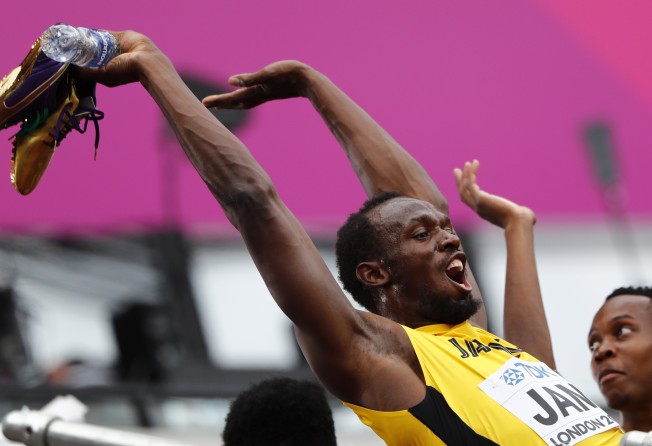Stiff drug penalties will make sport fair
Sprinting great Usain Bolt was gracious in defeat at the world championships, but many were not convinced the victor, Justin Gatlin, who has previously served drug bans, should have been there

If a mark of a true champion, and a role model for future champions, is grace in defeat, Usain Bolt has burnished his distinguished image as the man who reigned for longer than any other as the fastest in the world. A sell-out crowd of 60,000 at the London Stadium for his last individual race in the 100-metres final at the World Athletics Championships expected him to add to his raft of Olympic and world titles. But cheers turned to boos as American veteran Justin Gatlin rained on the Jamaican’s farewell party, with Bolt eventually finishing third. The reason for the boos was that Gatlin has served two doping bans and many believed he should never have been allowed to compete. In an understatement of the crowd’s feelings, Sebastian Coe, head of the world athletics body IAAF, said Gatlin’s win was “not the perfect script” for what was meant to be Bolt’s fairy-tale farewell – “but he is eligible to be here”.
Coe, a former Olympic 1500 metres champion, rightly hailed Bolt’s graciousness about what “must have been a bitter event to swallow – he was bigger than the moment and it typifies his career.” Bolt said he was “delighted” for Gatlin. “We have bonded and become close. I was impressed by the way he handled the pressure”. ”
Coe tuned in to public sentiment by supporting life bans for convicted drug cheats, using Gatlin’s example to illustrate how legal systems have frustrated efforts to impose more severe deterrents. Gatlin received a two-year ban in 2001, later reduced to one year on appeal, after failing a test for amphetamines found in prescribed medication. He then tested positive for testosterone in 2006 and was suspended for eight years, also halved by an arbitration panel in 2007. The World Anti-Doping Agency updated its code in 2015 to allow a four-year ban for first offenders, up from two years.
As Bolt acknowledged, Gatlin has “done his time” over the years. That sentiment serves to uphold another principle of fairness. But given that drug-assisted running, jumping and throwing can undermine the credibility of international athletics and, indeed, the Olympic Games, many will be persuaded that nothing short of draconian penalties will serve the best interests of sport and its competitors, and the Olympic ideals of fair competition.